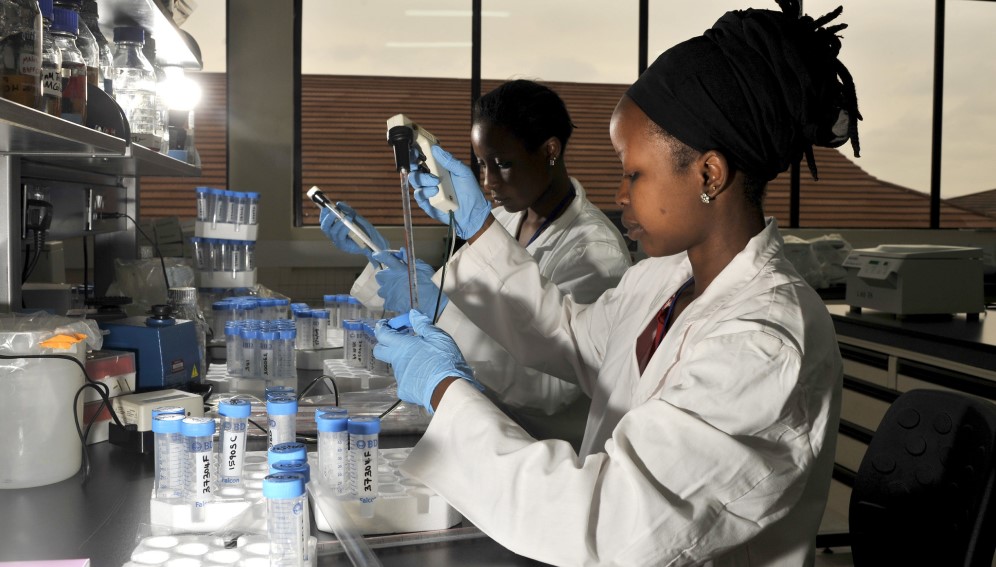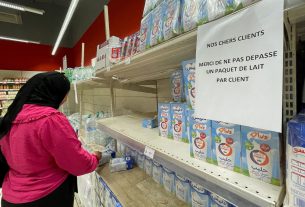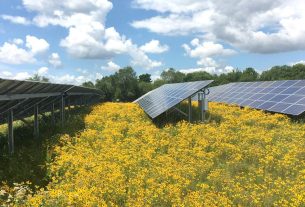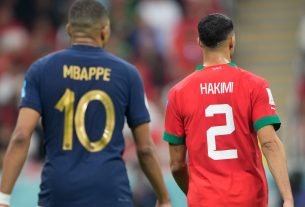The research agenda in Africa should emerge from the grassroots, says educational measurement specialist and former engineer Connie Nshemereirwe.
An alumna of the international young scientists’ society the Global Young Academy, where she was a co-chair and executive committee member between 2016 and 2021, Nshemereirwe facilitates connections between science and policy as a trainer, writer and speaker.
Nshemereirwe tells SciDev.Net that new research projects should focus on building stronger bridges between scientists in the global South.
Connie Nshemereirwe, educational measurement specialist. Photo credit: Halima Athumani
How developed is science research and communication in Africa? And what does the future look like to you?
It’s becoming more apparent to us that the questions that we are spending our time on are not the questions that really have emerged from the grassroots, they have been determined externally. I have hope that the future of scientific research in Africa is going to become more informed by our own voices as Africans, be much more responsive to the challenges we face and come up with appropriate solutions.
As for science communication, scientists often felt that this was not their job to communicate science to the public. But over time, they have really begun to appreciate the value of simplifying the science that they do, and communicating it so that the public can also become aware of the findings of their research.
Hear more from education guru Connie Nshemereirwe as she talks to SciDev.Net podcast Africa Science Focus.
One of the things you emphasise is formal education. Uganda has just reopened schools after nearly two years of closure due to the pandemic and some children do not want to return to school. What advice do you have for them?
COVID-19 and those two years of school closure have made an already complex situation even more complex. You hear of what they call learning losses – because children have been out of school, even what they had learned, they have lost. Some of them perhaps already felt, what was the point of school. So, some children may have taken up jobs, they earn a little money. In a way, if they don’t complete school, they are reducing their scope of possibilities that are open to them. But after all, even with a formal qualification these days, it doesn’t guarantee a job.
Was there a distinct moment in your childhood when you knew you wanted to be a scientist? Or did one of your teachers inspire you to become a mentor?
I remember when I was going to Advanced level, I tried to do economics, because I hated chemistry. But my headmistress came to the class and told me, ‘Connie, you’re not going to economics, go to the chemistry class … there are not many girls that can do chemistry, I don’t care if you hate it, you’re going to do it’.
And so, I ended up doing physics, chemistry and mathematics. It was sort of just obvious that I would have to enrol as an engineer. So, I fell into the science field. But I think scientific training is extremely important and useful to me to this day. Because it teaches you certain ways of looking at the world, much more systematic ways, much more analytical ways, much more critical thinking.
You are now the director of the Africa Science Leadership Program. You were a 2015 fellow, how did the program change the way you look at science?
This was a program which drew scientists from different disciplines, across Africa. Toxicologists, mathematicians, lawyers, musicians, evolutionary scientists, educationists such as myself. And when we came together, we were able to recognise that the challenges that we face as Africans are extremely similar.
And yet we work as though they are unique to us. We face financing challenges, but also the research system is set up in such a way that because funding comes from the global North, most of our collaborations are with the global North, as opposed to with our fellow global South scientists. It actually made me much more Africa-centred in my approaches.
This interview has been edited for clarity and brevity.
This piece was produced by SciDev.Net’s Sub-Saharan Africa desk.



